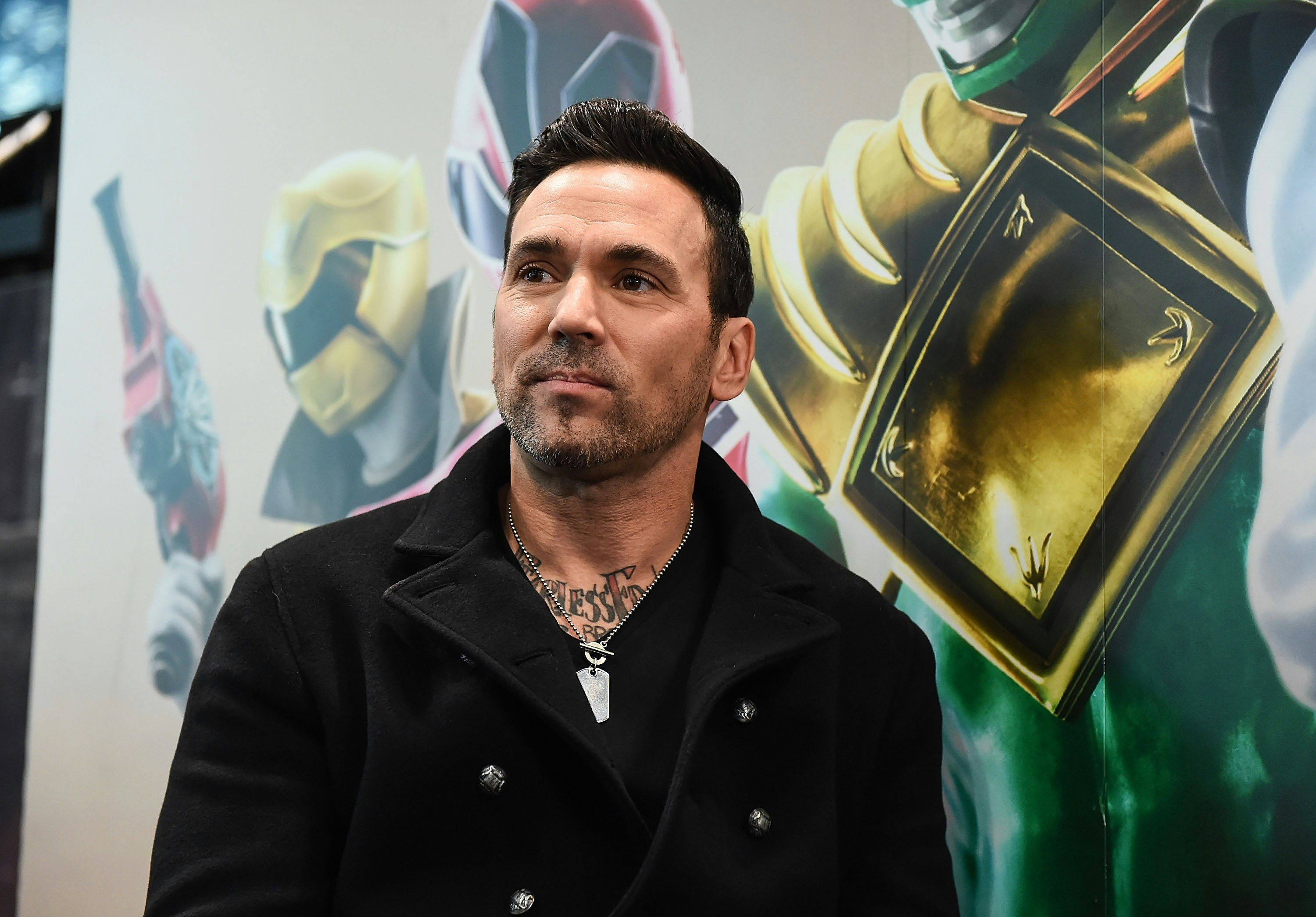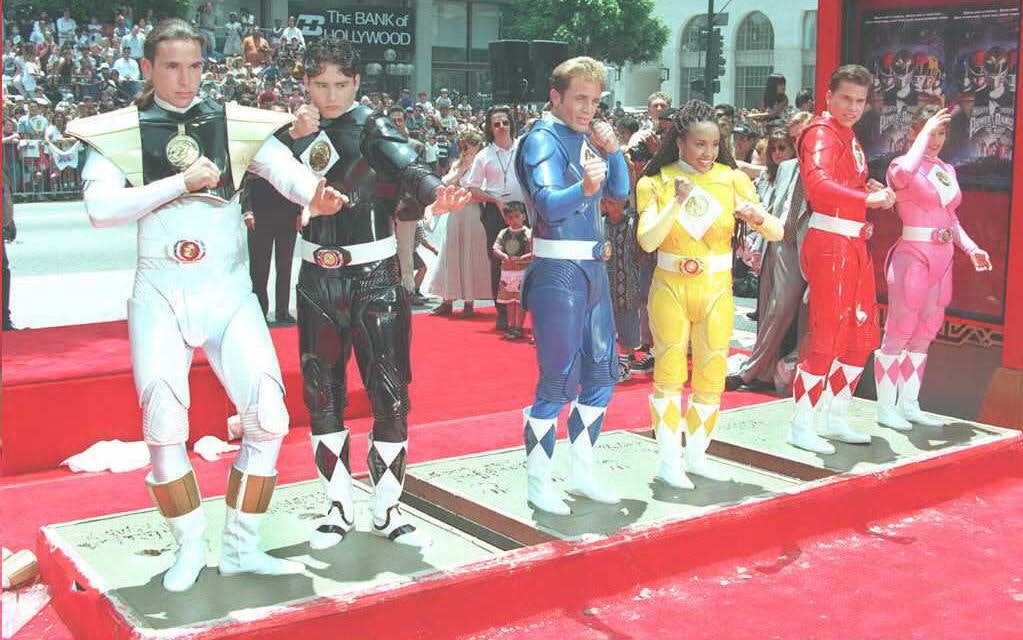
Jason David Frank, best known for his starring role in the ‘90s television hit Mighty Morphin Power Rangers, has died by suicide at 49.
While foremost a martial artist — he had a 4-0 record in amateur MMA, was inducted into the Karate Union Hall of Fame in 2003, and owned a chain of karate schools — Frank was also an actor and performer. He was known to millions as a living TV superhero at a time when Marvel and DC’s own icons only existed in animation.
Frank joined Power Rangers in its first season as Tommy Oliver, the Green Ranger, an evil foil to the five main Power Rangers. With a slick armored costume and a magic flute that summoned his robot, Frank’s role was an instant favorite to anyone with memories of all things mighty and morphin’.
Originally signed for 14 episodes, Frank became a Power Rangers mainstay. He’d eventually star in over 200 episodes throughout the show’s 30-plus year history, plus two theatrical movies and a cameo in the 2017 reboot film. His final appearance was in 2018’s Power Rangers Super Ninja Steel, as part of the series’ 25th-anniversary special.
While Frank had a charisma that was felt beyond the show’s flat writing, it was in his plentiful in-person appearances at comic and pop culture conventions where his stardom shined. After his death, posts from fans poured in citing Frank’s genial personality and graciousness as a man who ensured everyone he met felt like a superhero themselves. I can attest to this first-hand. It’s not uncommon to hear how Frank made sure to meet every person who waited for him, with the New York Comic Con acknowledging Frank’s titanic presence at conventions.

Frank found little stardom outside Power Rangers, having only bit roles in sitcoms like Family Matters, and a single arc in the MTV anthology series Undressed. But as much as Frank wanted to evolve beyond his Power Rangers past, he also embraced it. Frank’s latest project, the independent film Legend of the White Dragon, was intended as an adult-oriented homage to Power Rangers. The film is still in production with studio Bat in the Sun, which has not yet published a statement (although the studio shared a charming video of Frank with Stan Lee at a convention).
In 2016, Inverse interviewed Frank about his most violent role to date: Bloodshot, the Valiant Comics anti-hero for the now impossible-to-find web series Ninjak vs. The Valiant Universe. Frank was clearly excited to be something other than a Power Ranger.
“They’re like an apple to an orange, you know?” Frank told Inverse. “There’s obviously a little bit more blood, a little bit more violence. But that’s okay, because that’s what Bloodshot calls for. And you know, being in costume, I feel good saying, ‘That doesn’t look like [me]. It’s Bloodshot.’ We go outside of the Power Rangers universe.”

Frank described learning how to fight like a machine, and in doing so revealed the brilliance that made him an action star. “I was thinking, with this character, how can we make the martial arts look a little different? We wanted to touch base on his intel. He’s a fighting machine. He should be able to tune into Muay Thai if he wants to do Muay Thai.” Frank knew the difference and could show it on camera.
The complexity of Frank is that he was a performer first, a promoter second, and an actor fourth or fifth. Yet his power to become the superhero and surrogate father figure his fans saw him as is unmatched. Despite the plasticity of his roles, Frank still found the humanity in them. He found it in Bloodshot, and he found it behind the helmet of a Power Ranger. For many, he was and always will be the face of Power Rangers.
“Bloodshot, you know, I know he’s just a robot, but if you follow the series, he has emotions that he does not shut down,” Frank said to Inverse. “That’s what I try to tell everybody. He has emotions still. He is experienced. He is showing the audience he has feelings.”
If you or someone you know is experiencing suicidal thoughts, call the National Suicide Prevention Hotline at 1-800-273-8255 or text HOME to the Crisis Text Line at 741741. You can also reach out to the Trans Lifeline at 1-877-565-8860, the Trevor Lifeline at 1-866-488-7386, or to your local suicide crisis center.







